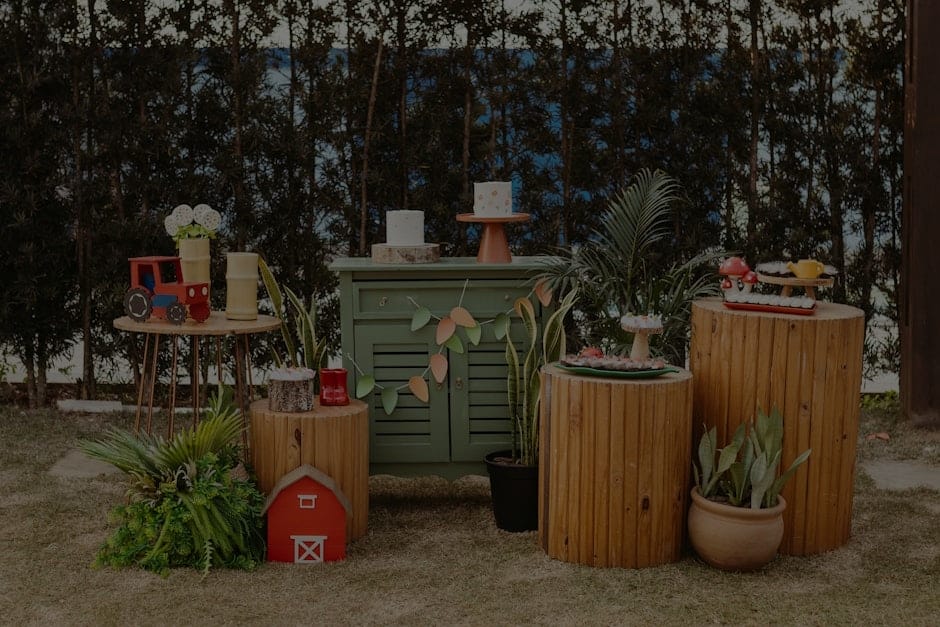**Abstract:** Discover how to enhance your outdoor spaces with feng shui elements that promote harmony and balance. Perfect your garden with practical tips for creating a serene environment.
Understanding Feng Shui in Outdoor Spaces
Feng Shui, an ancient Chinese practice, emphasizes the importance of spatial arrangement and energy flow. When applied to outdoor spaces, it can transform your garden into a sanctuary that promotes tranquility and positivity. The principles of feng shui focus on creating a harmonious environment that aligns with nature and enhances your well-being. By understanding the foundational concepts of feng shui, you can better appreciate how to integrate these elements into your garden design.
Key Elements of Feng Shui for Gardens
To achieve the perfect balance in your garden, consider incorporating five essential feng shui elements: wood, fire, earth, metal, and water. Each element plays a unique role in cultivating energy flow and enhancing the garden’s ambiance. For instance, wood represents growth and vitality, making it essential to include trees and plants. Fire symbolizes passion and energy, which can be reflected through the use of outdoor lighting or fire pits.
Creating a Harmonious Layout
The layout of your garden significantly impacts its feng shui. Begin by evaluating the flow of energy, or “chi,” throughout the space. A well-organized garden layout encourages positive energy circulation and prevents stagnation. Use pathways to guide visitors through your garden, ensuring they encounter various elements of nature. Avoid sharp angles or cluttered areas, as these can create negative energy. Instead, opt for soft curves and open spaces that invite relaxation and reflection.
Incorporating Natural Elements
Integrating natural elements is vital for achieving feng shui balance. Consider adding water features, such as ponds or fountains, to symbolize abundance and prosperity. The sound of flowing water creates a soothing atmosphere while attracting positive energy. Additionally, incorporating rocks or stones can represent stability and grounding. Choose plants that thrive in your climate, ensuring they bring vibrant colors and scents to your garden, enhancing the overall sensory experience.
Color Psychology in Garden Design
Color plays a crucial role in feng shui, influencing emotions and energy levels. When selecting plants and decor, consider the psychological effects of different colors. For example, greens promote harmony and growth, while blues evoke calmness and tranquility. Reds can stimulate energy and passion, making them ideal for focal points. By thoughtfully choosing colors that resonate with your intentions, you can create a garden that supports your emotional and spiritual well-being.
Creating Zones for Different Activities
To maximize the functionality of your garden, create distinct zones for various activities. Designate areas for relaxation, dining, and gardening, ensuring each zone has its own unique energy. Use natural dividers, such as hedges or trellises, to separate spaces while maintaining a cohesive flow. This organization allows you to engage with your garden in diverse ways, enhancing your overall experience and connection to nature.
Enhancing Your Garden with Feng Shui Decor
Incorporate feng shui decor to elevate the energy in your garden. Wind chimes, crystals, and statues can serve as focal points that attract positive energy. Choose decor that resonates with your personal style while aligning with feng shui principles. For instance, placing a Buddha statue in a tranquil corner can promote peace and mindfulness. Additionally, consider using mirrors strategically to reflect beauty and expand your space visually.
Maintaining Your Feng Shui Garden
Regular maintenance is essential to ensure your garden continues to promote positive energy. Keep plants healthy and vibrant by watering, pruning, and fertilizing as needed. Clear away debris and dead foliage to prevent stagnation. Regularly assess the flow of energy in your garden, making adjustments as necessary to maintain balance and harmony. A well-maintained garden reflects your commitment to nurturing both the space and your well-being.
By thoughtfully integrating feng shui elements into your outdoor spaces, you can create a serene and harmonious garden that enhances your overall quality of life. Embrace these principles, and watch your garden transform into a sanctuary of peace and positivity.










